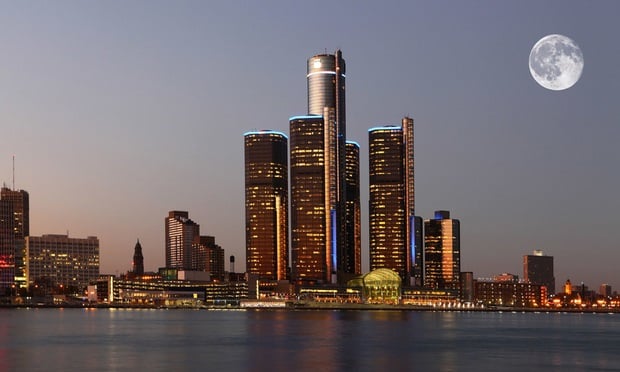Last year, Dingell and Kaptur succeeding in getting the House to pass a bill expanding the boundaries during the closing hours of the 107th Congress. The Senate, however, failed to take up the measure.
"I am confident that working together, Democrats and Republicans, House and Senate, we can get this measure enacted into law this year," said Kaptur. "We have great support at the local level, including from the Ohio Department of Natural Resources."
The bill would permit the U.S. Fish and Wildlife Service, a division of the Department of the Interior, to facilitate the acquisition of property within the refuge complex. The federal government would be authorized to acquire property, by donation or purchase, within the newly expanded boundaries.
Dingell and Kaptur emphasize that their legislation does not permit forced takings of property. It permits only voluntary sales or donations. Cooperative management agreements would also be encouraged. The bill also would expand the boundaries of the previously created Lower Detroit River International Wildlife Refuge, which Congress created in 2001.
It encourages local, state and federal governmental bodies to work with individuals and non-governmental organizations, including sportsmen's groups, conservation organizations and private sector businesses. The Kaptur-Dingell bill describes the Great Lakes ecosystem, particularly the Western Basin of Lake Erie, as crucial to the economic future of the region. The refuge will also do much to protect the fish and wildlife habitats of the western basin.
U.S. Senator George Voinovich (Ohio) will introduce an identical measure in the U.S. Senate.
© Touchpoint Markets, All Rights Reserved. Request academic re-use from www.copyright.com. All other uses, submit a request to [email protected]. For more inforrmation visit Asset & Logo Licensing.






